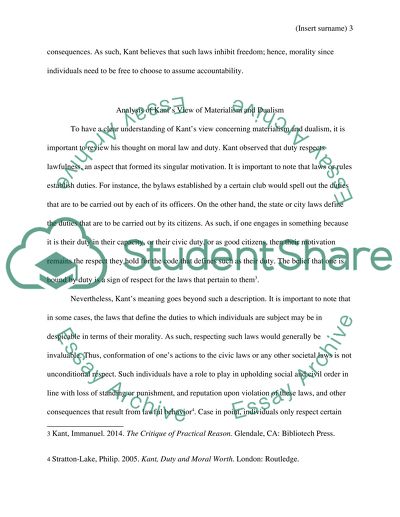Cite this document
(The Mechanistic Laws of Materialism Essay Example | Topics and Well Written Essays - 1750 words, n.d.)
The Mechanistic Laws of Materialism Essay Example | Topics and Well Written Essays - 1750 words. https://studentshare.org/philosophy/1696013-the-mechanistic-laws-of-materialism
The Mechanistic Laws of Materialism Essay Example | Topics and Well Written Essays - 1750 words. https://studentshare.org/philosophy/1696013-the-mechanistic-laws-of-materialism
(The Mechanistic Laws of Materialism Essay Example | Topics and Well Written Essays - 1750 Words)
The Mechanistic Laws of Materialism Essay Example | Topics and Well Written Essays - 1750 Words. https://studentshare.org/philosophy/1696013-the-mechanistic-laws-of-materialism.
The Mechanistic Laws of Materialism Essay Example | Topics and Well Written Essays - 1750 Words. https://studentshare.org/philosophy/1696013-the-mechanistic-laws-of-materialism.
“The Mechanistic Laws of Materialism Essay Example | Topics and Well Written Essays - 1750 Words”. https://studentshare.org/philosophy/1696013-the-mechanistic-laws-of-materialism.


